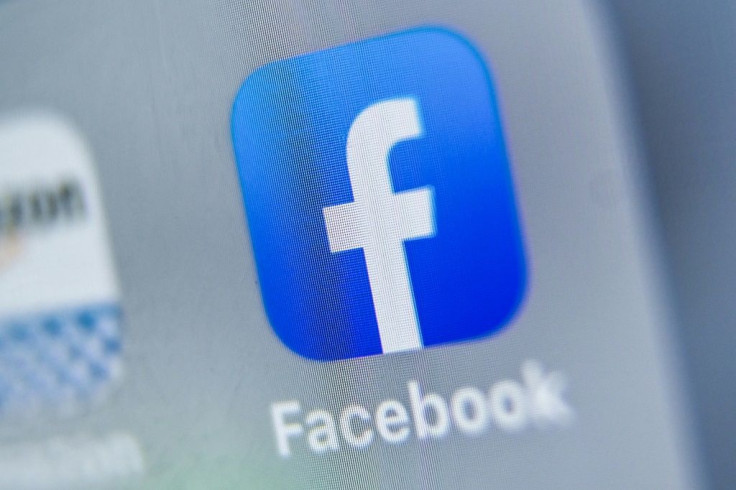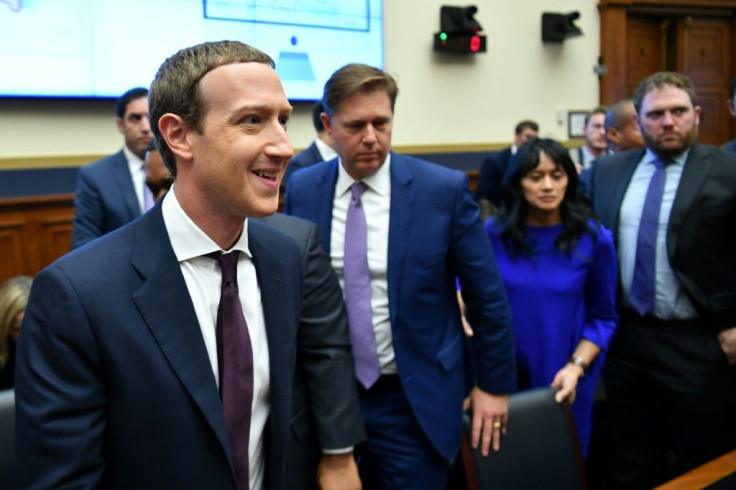Facebook 'News Tab' Seeks To Reboot Its Role With Media

Facebook on Friday began rolling out its dedicated "news tab" with professionally produced content -- the latest move by the social network to promote journalism and shed its reputation as a platform for misinformation.
The tab, being tested with some US users, will be separate from a user's normal feed and include articles from partner news organizations.
The mix of stories in Facebook News will be determined by algorithmic "personalization" based on an user's preferences and data, and by actual journalists choosing content.
"I've been talking to news publishers and journalists for a few years about how we can do more to support high quality journalism on Facebook," Facebook founder Mark Zuckerberg said.
The new tab is "dedicated to high quality news and personalized to your interests," he wrote on his Facebook page.
The company said users would have "more control over the stories they see, and the ability to explore a wider range of their news interests, directly within the Facebook app."
Facebook is expected to pay some of the news organizations that will contribute but has yet to disclose full details.
The social network has partnered with some 200 news organizations including The Wall Street Journal, USA Today, The Washington Post, CBS News, BuzzFeed, Fox News, the Boston Globe, Bloomberg and Vanity Fair.
Facebook said it would begin an initial test rollout which would "showcase local original reporting" from publications in major cities "beginning with New York, Los Angeles, Chicago, Dallas-Fort Worth, Philadelphia, Houston, Washington DC, Miami, Atlanta and Boston."
Topic sections will include business, entertainment, health, science and technology, and sports.
Rebooting the relationship
The move represents Facebook's efforts to reboot its relationship with news organizations, many of which have been critical of the platform for failing to curb the spread of misinformation and for taking much of the online ad revenue.

The plan notably brings together Facebook and Rupert Murdoch's News Corp, one of the harshest critics of a digital ecosystem which makes it difficult to find professional content.
Zuckerberg was to discuss the project Friday with News Corp CEO Robert Thomson, who last year denounced what he called a "dysfunctional" online landscape that made it hard for publishers to thrive.
Northeastern University professor Dan Kennedy said the tab could guide Facebook users in distinguishing between misinformation and professional news.
"Less savvy news consumers might not be able to tell the difference between exaggerated or fake viral news and real journalism from respected news organizations," Kennedy said.
"So this should help a lot."
But Kennedy said it could be problematic that Facebook may only be paying the richest media organizations, increasing the woes for small, local news outlets.
Ken Paulson, a former USA Today editor who now heads the Free Speech Center at Middle Tennessee State University, agreed that the initiative will promote better content.
"My long-term hope for the news business is that more consumers will recognize the difference between quality and chaos and be willing to pay for the good stuff," Paulson said.
The news tab "has the potential to change the way that consumers find news on the network," said University of Oregon journalism professor Damian Radcliffe.
"At the moment, people bump into news in their feed, as opposed to actively seeking it out, as they do on Twitter, Apple News, or dedicated news apps."
Radcliffe said there are still questions about how users will respond to the content within the news tab and on their main Facebook feeds.
He said the project raises "important questions here about how transparent the story selection process will be, and what Facebook is effectively saying about news which sits outside of the tab. Does that means it's deemed less trustworthy?"
© Copyright AFP 2024. All rights reserved.





















